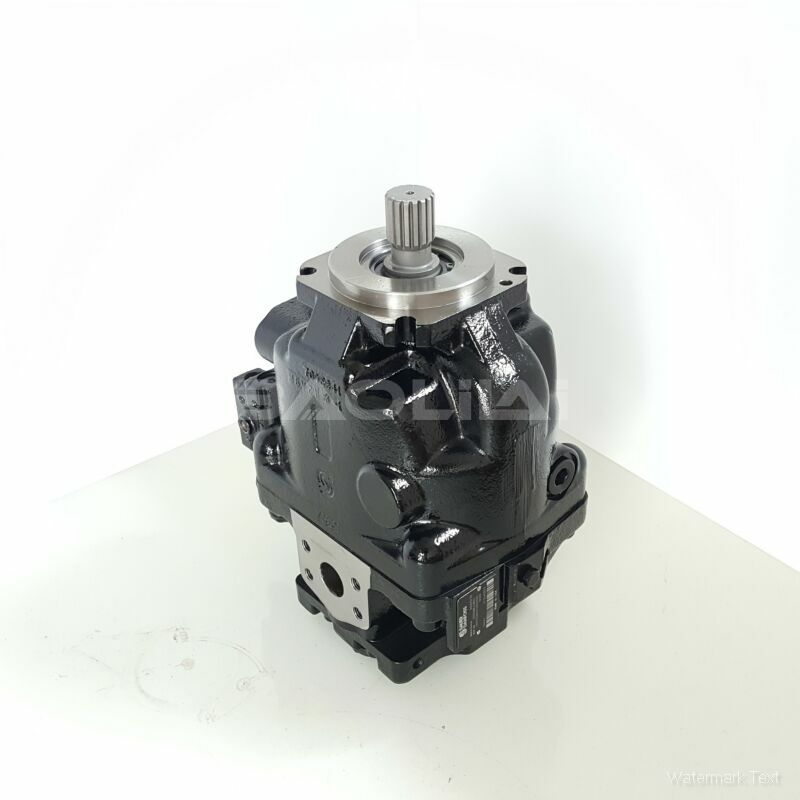ERR147CLS1820NNN3S2CPA1NNNNNNNNNN hydraulic oil pump
ERR147CLS1820NNN3S2CPA1NNNNNNNNNN hydraulic oil pump

- Product Details
- Applicable Scene
In the realm of deep-well drilling, hydraulic pumps serve as a vital component in optimizing fluid efficiency. As the demand for natural resources grows, so does the necessity for effective drilling techniques. Hydraulic pumps play a key role in this process, ensuring that fluid is delivered effectively to the drill bit, enhancing productivity and reducing operational costs.
ER-R-147C-LS-18-20-NN-N-3-S2CP-A1N-NNN-NNN-NNN
ERR147CLS1820NNN3S2CPA1NNNNNNNNNN
One of the primary challenges in deep-well drilling is maintaining consistent fluid flow under high pressure and at significant depths. Hydraulic pumps are specifically designed to tackle these demands, offering reliable performance even in the most challenging conditions. These pumps are capable of generating high pressure while maintaining a steady flow rate, which is essential for clearing cuttings from the borehole and preventing potential blockages.

80004656
The efficiency of hydraulic pumps is largely attributed to their mechanical design and the choice of fluid used in the drilling process. By utilizing high-viscosity fluids and optimizing pump components such as impellers and valves, operators can significantly increase the efficiency of the drilling operation. Modern hydraulic pumps also incorporate advanced technologies, such as variable speed drives, which allow for precise control of fluid delivery rates, further enhancing operational efficiency.
Moreover, the choice of pump type—be it positive displacement or centrifugal—can impact fluid efficiency. Positive displacement pumps, for instance, can manage high viscosity fluids better than centrifugal pumps, making them ideal for use in deeper applications where drilling muds and other high-density fluids are necessary. Understanding the specific needs of a drilling operation and selecting the appropriate pump type can lead to significant gains in performance.





